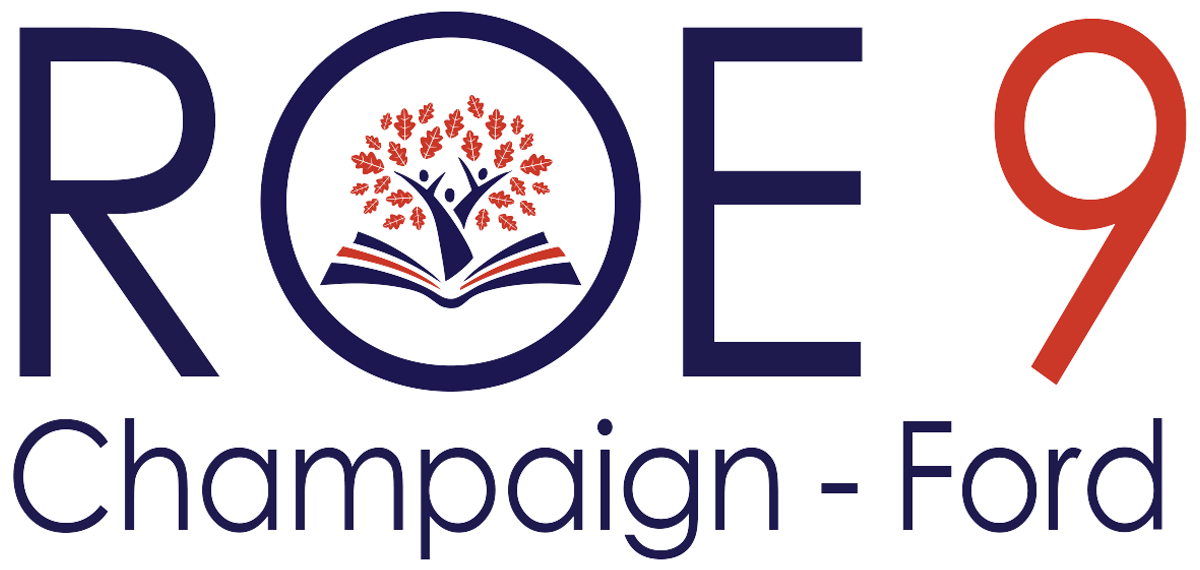HAMPAIGN — Caleb Apperson vividly remembers his first visit to the Japan House, though he didn’t know at the time it would inspire his future career.
“I was instructed on the etiquette of the (tea) ceremony by an intern who emphasized the importance of displaying the artwork of the bowl to honor the artist’s work,” Apperson said. “After turning the bowl three times, the artwork, they said, should always be facing outward so that others can see it.
“This is a respectful sentiment that I remember to this day.”
Apperson loved the matcha tea, though he said it was intimidating at first, but he had only attended that tea ceremony in his junior year at Centennial High School out of curiosity.
Not long after, he began studying chemistry at the University of Illinois.While on campus, his interest in East Asian cultures grew and grew. He eventually changed his major to East Asian languages and cultures, making an effort to get involved in the East Asian community on campus as well.
“I began to realize that there are so many things about China and Taiwan that we in the United States do not know,” Apperson said. “This should not be, given that China is both an ancient civilization that has influenced the world for thousands of years and a modern political and economic powerhouse that is intertwined with the United States.”
At the UI, Apperson took on an internship at the Japan House, even though the focus of his studies has been China.
He said that because some elements of Japanese culture originate in China, it made sense to work there and learn more.
“In the context of Japan House and Japanese culture, I realized how much East Asian philosophy and values are intertwined with the poetic art of the Japanese tea ceremony and that there was more to Japanese culture than the products and pop-cultural icons it produced,” Apperson said.
And now his path is leading him to Taiwan, where next week he’ll begin working toward a Fulbright-funded graduate degree in diplomacy.
Taiwan’s status is complicated, since its government considers it an independent country called the Republic of China while China claims it as a province of the People’s Republic of China.
The United States’ ambiguous stance on the situation affects its relationship to both countries, making a fascinating case for people like Apperson who are interested in diplomacy.
That’s why he decided to pursue studying in Taipei, Taiwan’s capital, through the Fulbright U.S. Student Program.
The program provides grants to American students to allow them to live and study long-term in other countries, facilitating cultural exchange.
Apperson received a scholarship through Fulbright to fund his stay and graduate degree in diplomacy from National Chengchi University.
He sees that as the natural next step for his education.
“There simply is no substitute for linguistic and cultural immersion to truly learn languages and cultures,” Apperson said.
He’s hoping to become a foreign service officer for the U.S. Department of State, where he says Chinese experience is critically needed.
Apperson left the U.S. on Aug. 30 to get settled before his classes begin on Sept. 11.
So far, it’s living up to his expectations as he has already made friends from places like Germany and Chile who also traveled to attend NCCU.
On Tuesday morning Taipei time, Apperson said he was looking forward to a trip to MaoKong, which was once the largest tea-growing area in the country.
“As a tea lover, I’m always eager to find more,” he said, “even if it means I have to climb a mountain.”

